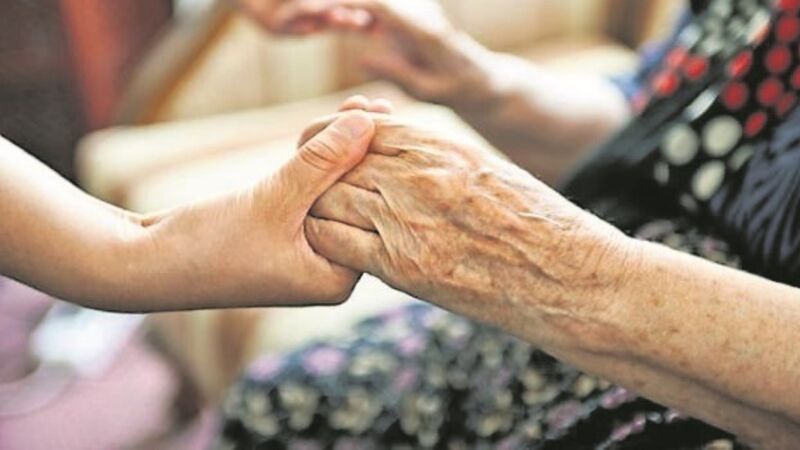Home help services need to be regulated, says Hiqa chief

Hiqa chief executive Pheilim Quinn said statutory regulation in the homecare sector was promised in the Programme for Government, but “this does not appear to be a priority for the current Government”.
In a wide-ranging speech at the National Federation of Voluntary Bodies’ national conference on safeguarding vulnerable people held in Portlaoise, Mr Quinn also said delays in moving people with special needs from outdated institution-style settings to community settings is inexcusable.










